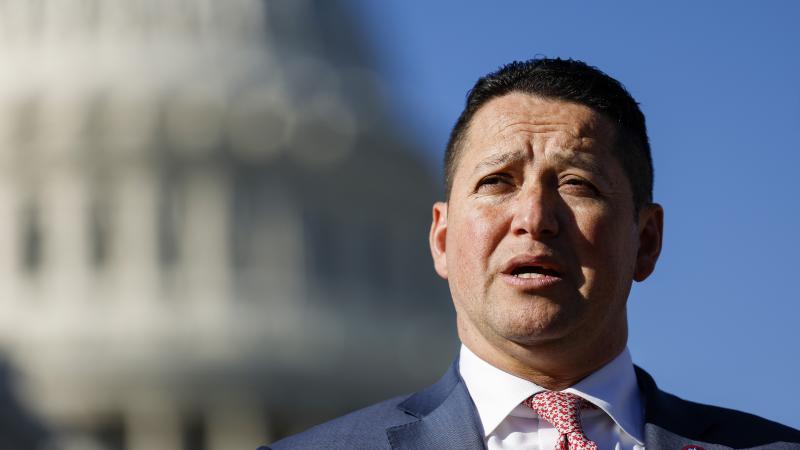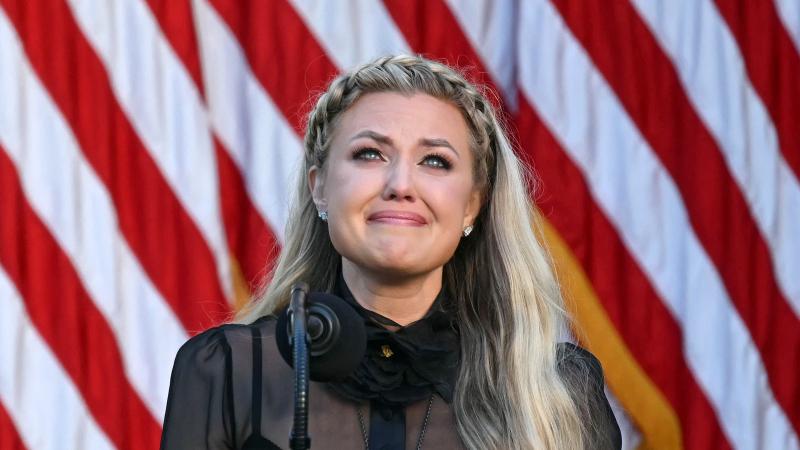A summer break? New Homeland Security research shows sunlight, humidity kill coronavirus quickly
Homeland Security official: 'I can tell you that bleach will kill the virus in five minutes, isopropyl alcohol will kill the virus in 30 seconds, and that's with no manipulation, no rubbing'
New research from the Department of Homeland Security shows sunlight and humidity kill coronavirus quickly, the White House Coronavirus Task Force announced Thursday.
"Increasing the temperature and humidity of potentially-contaminated indoor spaces appears to reduce the stability of the virus," William N. Bryan, acting under secretary for Science and Technology for the Department of Homeland Security, said at the White House Coronavirus Task Force briefing.
Bryan said DHS testing showed there was a "very significant difference" when the coronavirus is exposed to UV rays, and "extra care may be warranted or dry environments that do not have exposure to solar light."
DHS is testing disinfectants including bleach and rubbing alcohol, on the coronavirus in saliva and respiratory fluids, Bryan said.
"I can tell you that bleach will kill the virus in five minutes, isopropyl alcohol will kill the virus in 30 seconds, and that's with no manipulation, no rubbing," he said.
Bryan said research showed that the coronavirus dies the quickest in the presence of direct sunlight.
"We've identified that heat and humidity is a weakness in that chain," he said. "We've identified that sunlight, solar light, UV rays, is a weakness in that chain. That doesn't take away the other activities, the White House guidelines, the guidance from the CDC and others on the actions and the steps that people need to take to protect themselves. This is just another tool in our toolbox, another weapon in the fight that we can add to it. And we know that summer-like conditions are going to create an environment where the transmission can be decreased, and that's an opportunity for us to get ahead."
However, Bryan cautioned that warmer temperatures, like those in virus hotspots Florida and New Orleans, won't stop the infection spread when social distancing and other health guidelines are not followed.
"It would be irresponsible for us to say that we feel that the summer is just going to totally kill the virus and that it's a free-for-all and that people can ignore those guidelines, that is not the case," he said. "We have an opportunity though, to get ahead with what we know now, and factor that into the decision-making for what opens and what doesn't."
To read the DHS research on the half-life of the coronavirus, click the pdf below:
















